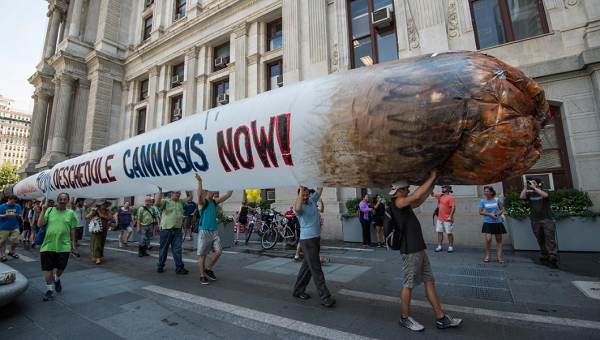Marijuana Legalization In Maryland: 15 Grower And Processor Licenses Approved (Despite DEA's Ruling)

Names of top applicants licensed to grow and process medical marijuana in Maryland are expected to be revealed Monday afternoon, according to the Washington Times. The Maryland Medical Cannabis Commission will make the announcement.
Although more than 1,000 institutions applied for the license, the commission only approved top applicants for 15 grower licenses and 15 processor licenses. There were also five other applicants chosen as alternates in each categories just in case any of the top 15 fail background checks.
94 dispensary licenses will be granted. However, medical cannabis won’t be available for purchase in dispensaries until 2017.
Maryland’s marijuana program has experienced several delays since the state’s law was first approved in 2013. Still, some of the state’s medical leaders and government officials believe that their marijuana program will be more successful than other states' because of a liberal approach to ensuring those who need weed the most have access.
“It’s failed in other states because they’ve been too restrictive about the kinds of diseases and ailments that could be utilized by physicians, and I think in Maryland they’ve taken the opposite approach, which generates the interest because they appreciate that Maryland is forward thinking on this,” Gerald Evans, a lobbyist for license applicant Holistic Industries, said to ABC News.
Under Maryland’s new marijuana program, cannabis will be available for anyone with severe medical ailments in which other forms of treatment have been unsuccessful. Patients whose symptoms “reasonably can be expected to be relieved” by marijuana will also have access to medical marijuana including those suffering from severe appetite loss, severe or chronic pain, severe nausea, seizures, severe muscle spasms, glaucoma or post-traumatic stress disorder.
Maryland’s latest advances for medical marijuana come just days after the Drug Enforcement Administration ruled marijuana would remain a Schedule 1 substance in the United States.
© Copyright IBTimes 2025. All rights reserved.






















